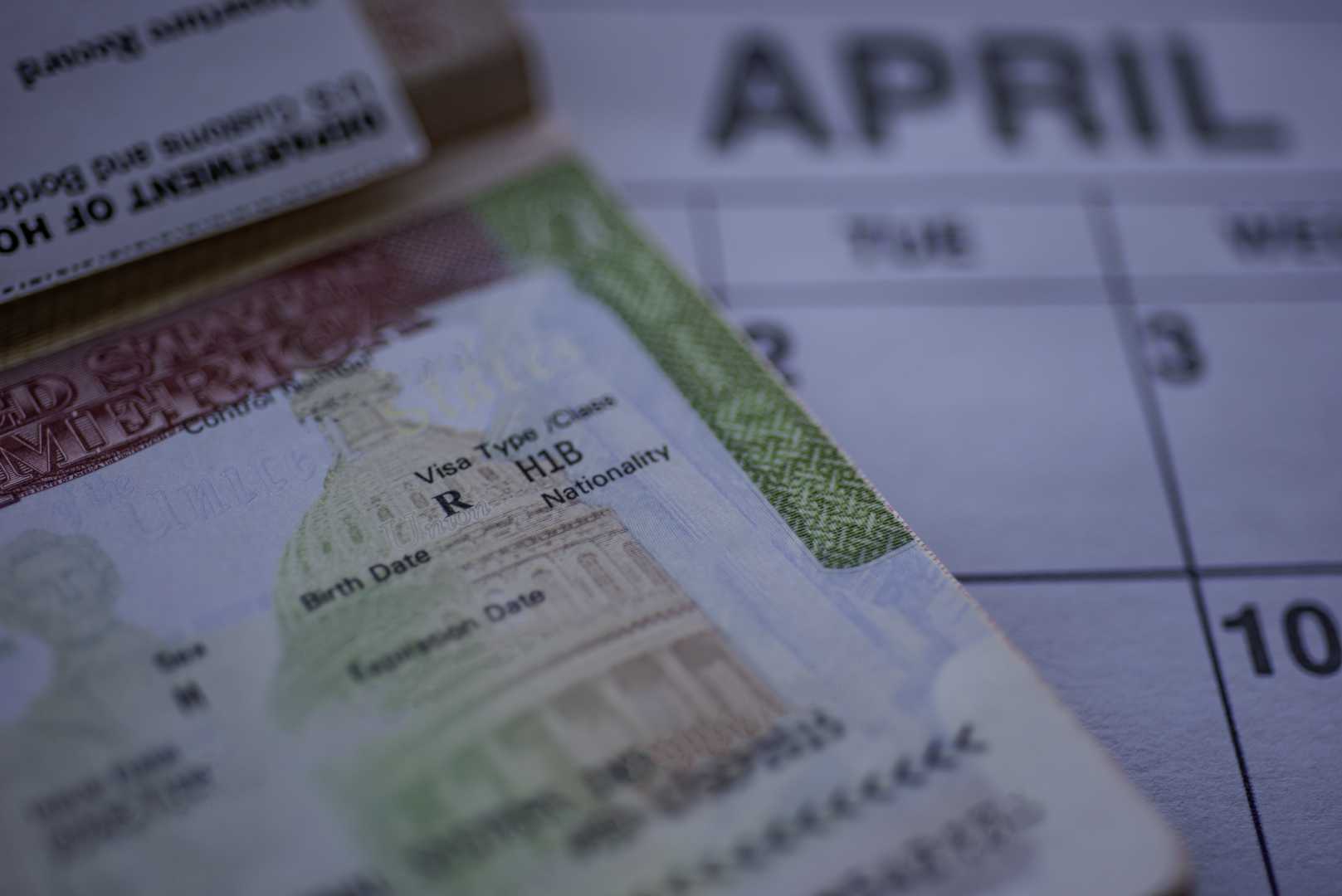Business
New Rule Could Change H-1B Visa Selection Process

WASHINGTON, D.C. — A proposed rule that could alter the allocation of H-1B visas has received approval from the White House’s Office of Information and Regulatory Affairs (OIRA). This new regulation, cleared on August 8, seeks to replace the current random lottery system with a process that prioritizes applicants based on factors like wages and education levels.
The H-1B visa program, which allows U.S. employers in specialty occupations to hire foreign workers, is currently capped at 85,000 visas annually. Each year, organizations submit applications for these limited slots, and a lottery system decides which applicants can move forward.
Under the proposed changes, the selection process would favor higher-wage positions, shifting the focus from a chance-based lottery to a merit-based system. This concept is not new; it echoes a similar plan introduced during the Trump administration, which aimed to prioritize H-1B applications based on wage tiers. However, that proposal faced significant backlash from business and immigration advocacy groups and was ultimately withdrawn by the Biden administration.
Federal review processes typically precede public announcements, with expectations that the new rule will soon be published in the Federal Register, allowing for public comment. Industry analysts believe that employers may need to adjust their recruitment strategies, potentially leading to higher wages being offered to attract even more skilled labor.
Current data shows that political pressure around H-1B visas has intensified, particularly as discussions about job opportunities for American workers have arisen. Critics of the existing system argue that it allows companies to bring in lower-paid foreign workers, while advocates maintain that international talent is essential for innovation in the American workforce.
Following the clearing of this proposed rule, it remains to be seen how industries reliant on H-1B workers, especially the tech sector, will adapt. Reports indicate that significant changes to this program could reshape the hiring landscape for many U.S. employers.












